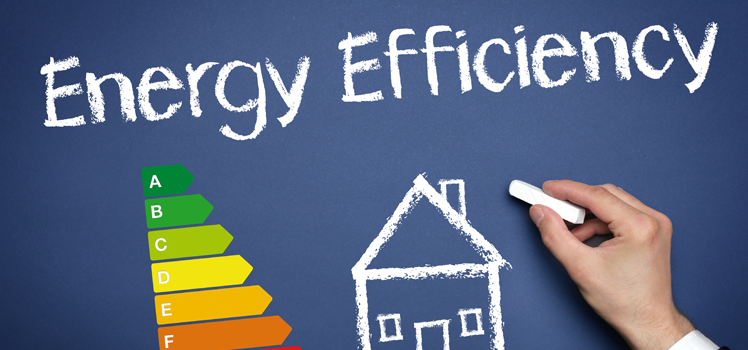As of 1st April 2018 any properties rented out in the private rented sector to meet a minimum energy performance rating on an Energy Performance Certificate (EPC).
In a bid to cut energy bills and carbon emissions, the Minimum Energy Efficient Standards 2018 (MEES) for non-domestic buildings, as announced by the Department for Energy and Climate Change, will be set to an EPC rating of E. In short, it means that it will be unlawful to let or lease a residential property with a poor rating.
Note: this article was written in 2017 and may contain information that has since been updated.
Why do we need Minimum Energy Efficiency Standards?
Thought to be the most significant piece of legislation to affect our existing building stock in a generation, it will force landlords to upgrade the energy efficiency of hundreds of thousands of homes currently rated F and G. And, if they don’t, they will face being unable to let them until they improve the rating.
In 2017, almost 10% of England and Wales’ 4.2 million privately rented homes fell below the E rating – and there’s still work to be done.
A positive change
Landlords will be able to let out F and G rated properties beyond 1 April 2018 for the remainder of existing rental contracts, but will not be able to renew a contract or let the property to someone else until it is brought up to an E rating.
Whilst we think that some landlords may consider this new announcement as too much red tape, we’re sure that most will agree that it’s a positive move forward to reducing energy bills of tenants who are on low wages and perhaps paying over the odds for poorer standards of accommodation.
A landlord’s perspective on the Minimum Energy Efficiency Standards
One of our landlord’s Erika Pilkington, comments: “The MEES targets set by government cannot be achieved cost-effectively on many hard to treat properties – in particular older end of terrace or detached houses with solid walls. If these properties cannot be rented out, the unintended consequence may well be that many homes that are removed from the PRS, will become unsaleable, and the housing stock will be further reduced. Instead, it makes far more sense to incentivise renewable energy for hard to treat housing, thereby reducing the carbon footprint of these properties and helping those in fuel poverty.”
Experienced landlord Mary Latham has also urged others to take the Minimum Energy Efficiency Standards seriously: “If you are buying a property to rent out make sure that the minimum energy efficiency standards 2018 are met (rated E or above) or be prepared to spend the money needed to reach that level. If you are letting properties which are below an E, please take steps to get them up.
Steps to be taken
For tenancies which began after 1st October 2015, the EPC must be given to all new tenants at the start of the tenancy, otherwise a valid Section 21 cannot be served. This requirement was introduced in the Deregulation Act 2015 and has since caught out many landlords and letting agents. Even where a tenant has lived in a property for years, that landlord must bring the property up to a minimum of E, unless it is an exempt listed building.
Anyone can check the EPC of any property by putting the post code into the EPC register. This means that local authorities and prospective tenants have access to this information.
Make sure your property meets the Minimum Energy Efficiency Standards 2018 and arrange to renew your Energy Performance Certificate today for just £69 inc. VAT.



